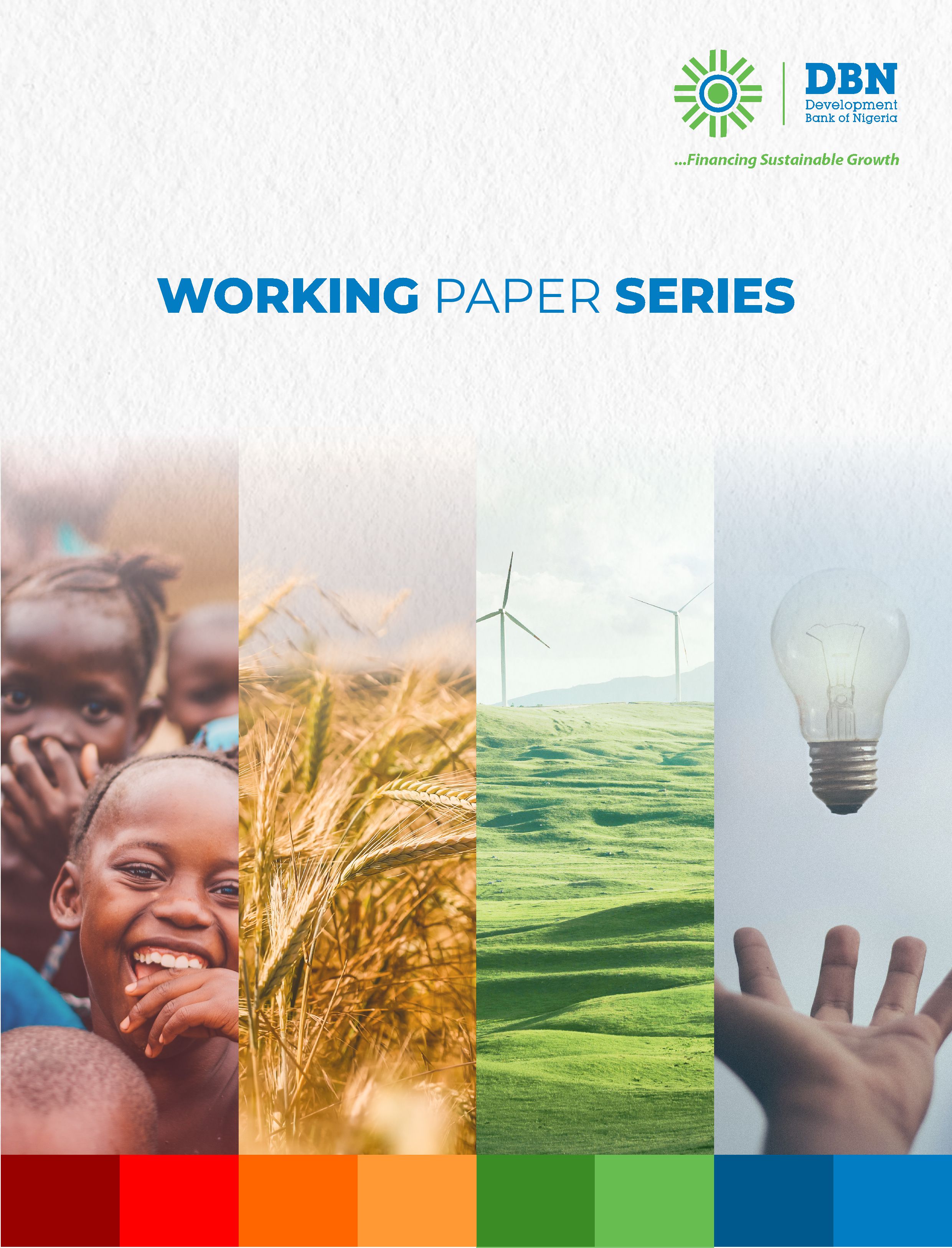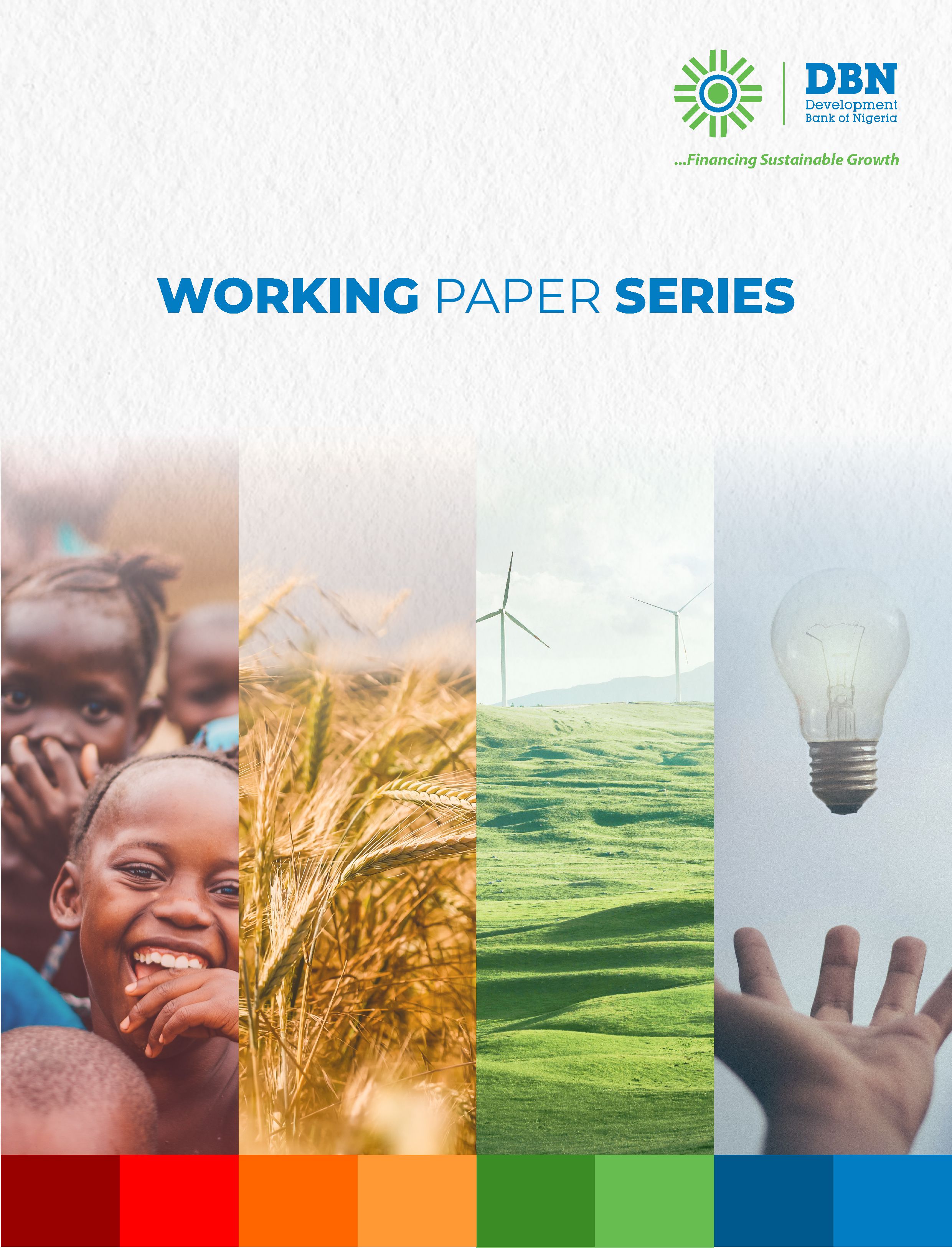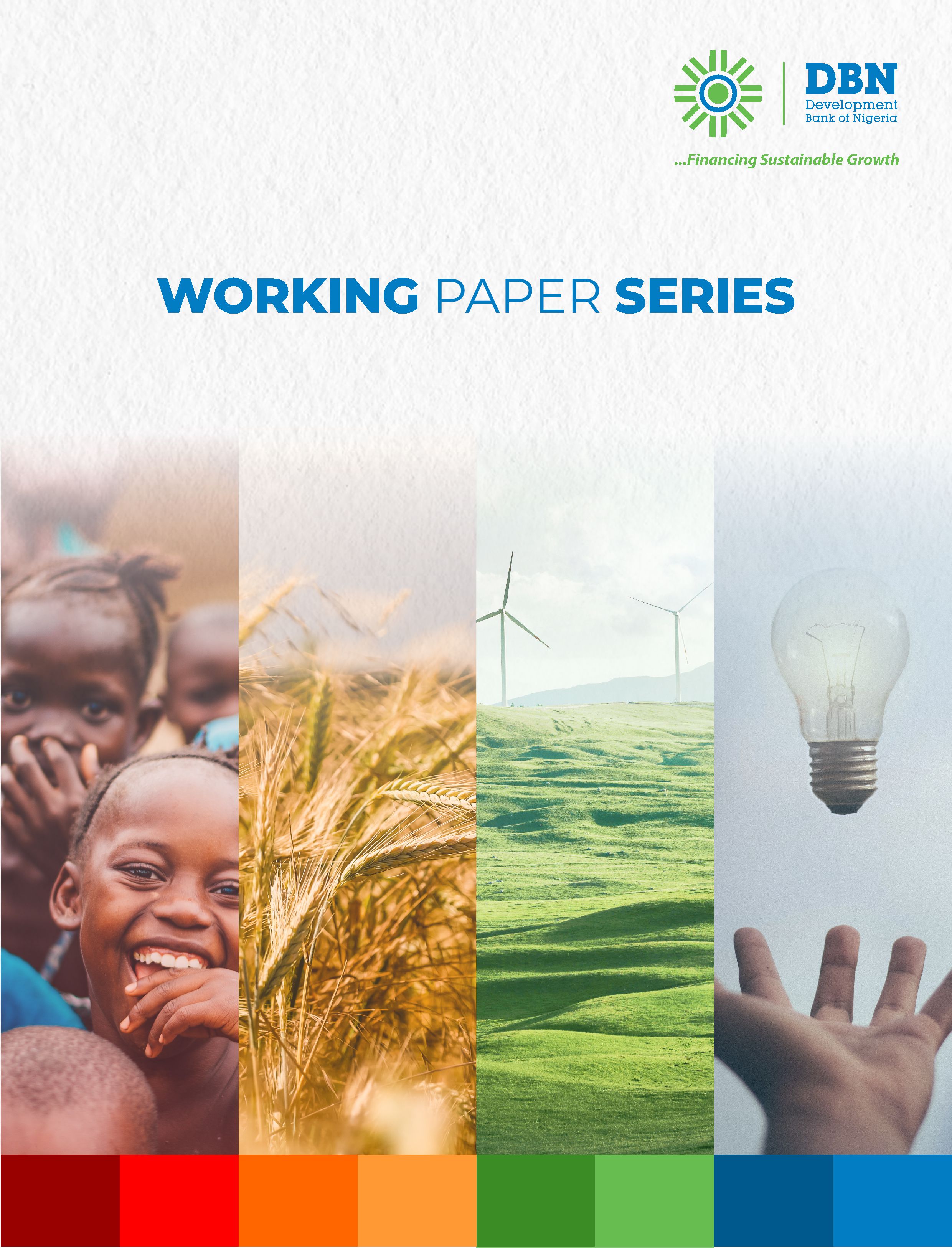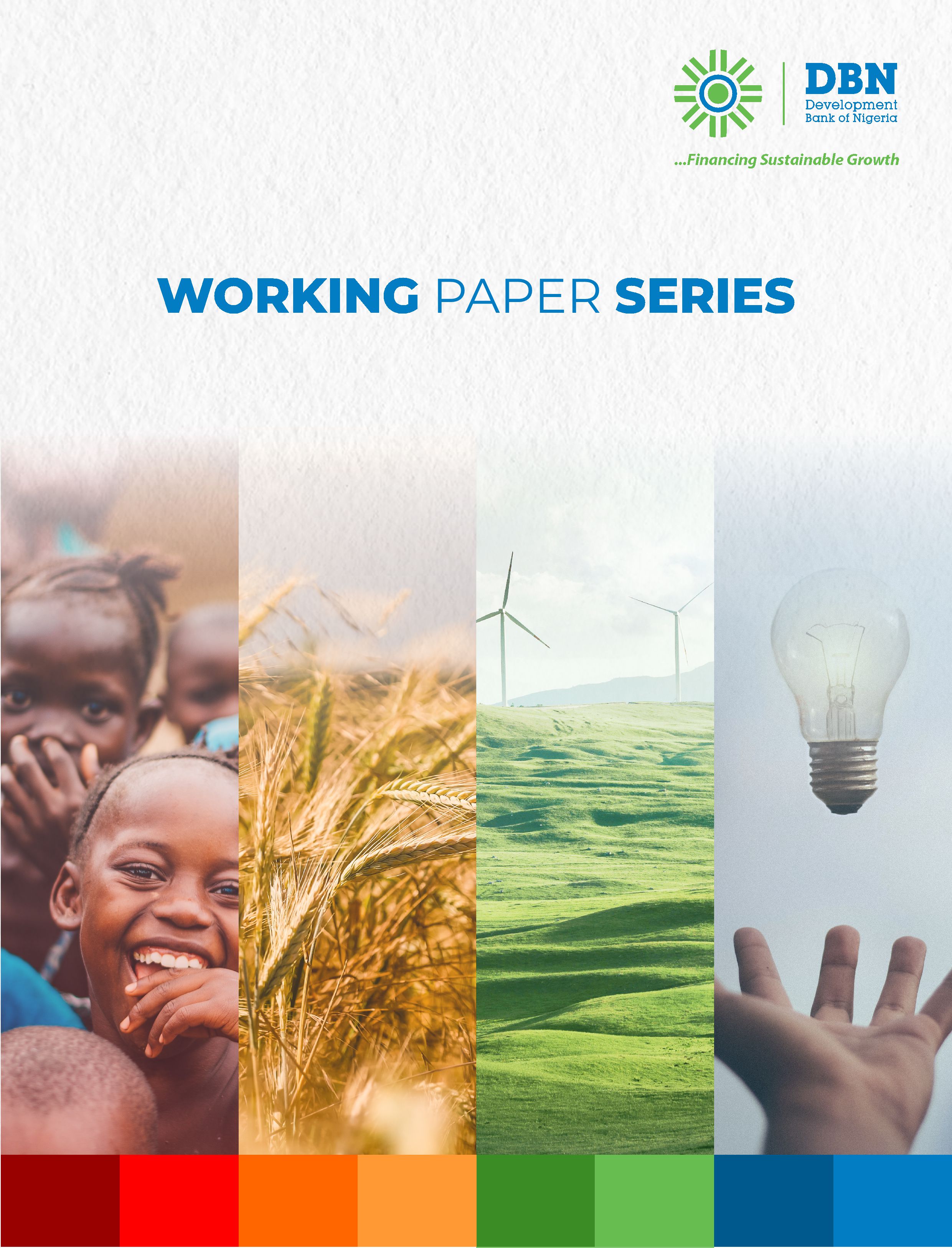
Publication Information
Published by: Admin
Published: 1 year ago
View: 263
Pages: 34
ISBN:
Abstract
Motivated by the momentous rise in ICT diffusion, the implementation of the African Continental Free Trade Area agreement, and the expected rebound of foreign direct investment inflow to Africa from 2022, this study examines the joint effects of industrialisation and ICT diffusion on resource mobilisation in Africa. To this end, we use data on 42 African countries for the period 1996 – 2020 for the analysis. First, we provide evidence robust to several specifications from the dynamic system GMM to show that although unconditionally both industrialisation and ICT diffusion enhance (i) goods and services tax (GST), and (ii) profits, corporate and income tax (PCIT) mobilisation efforts in Africa, the effects of the former are rather remarkable in the presence of the latter. Particularly, the results show that, while ICTs amplify the effect of industrialisation on GST, only ICT usage and ICT skills matter for PCIT. Second, the study unveils ICT thresholds for complementary policies. Accordingly, industrialisation and ICTs are necessary and sufficient conditions for tax revenue mobilisation only below some ICT thresholds. Above these ICT thresholds, complementary policies are needed to maintain the overall positive incidence on tax revenue mobilisation. Policy recommendations are provided in the end.
Simplice A. Asongu Prof
Pamela E. Ofori Mrs
Isaac K. Ofori Mr
Related Publications

VOLUME 7 ISSUE 1 2024
Female unemployment, mobile money innovations and doing business by females

VOLUME 7 ISSUE 1 2024
Sustainability Burden or Boost? Examining the Effect of Public Debt on Renewable Energy Consumption in Sub-Saharan Africa

VOLUME 7 ISSUE 1 2024
The effect of inequality on poverty and severity of poverty in SSA: the role of financial development institutions
